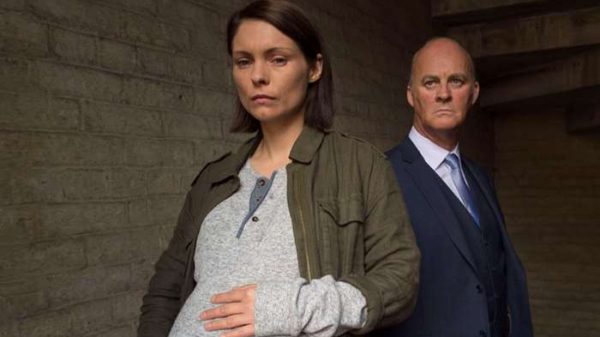After two weeks of pretty standard British crime fare, In the Dark has veered way off course for its second half. No longer are we dealing with a standard whodunit, a dead school girl and an historic sexual abuse case handed instead a lazy gender-flipped fridging for Helen’s boyfriend and a tacked on look at violent Manchester gang culture.
Now that might sound quite exciting, if a bit tone-deaf and melodramatic, but in practice it’s a surprisingly boring watch. The whole episode plays like the start to a second series of a critically acclaimed adaptation most people have forgotten about in the interim, and so to have it come just two weeks after the premiere is a strange experience.
Why wrap up a story that was working fairly well and replace it with such a jarring u-turn? I suspect the reasons won’t be clear until the series wraps up next week, but it’s a baffling decision brought about by the choice to tell the story of two novels over a single series.
The story hinges on the death of Paul from a gang initiation test gone very wrong, in which a young father is told to shoot at a random driver who then crashes into the bus stop Paul was waiting at. Why he was there is what forms this week’s mystery, because the details of the shooting are clear to us even before we see the consequences (in another bit of weird editing).
The aforementioned sex abuse case Helen raised at the end of last week is never mentioned, with the series choosing instead to focus on the ramifications of her affair with Adam. Who’s the father? It looks like both men are hoping for their name to be called, but at the start of the episode Helen and Paul have patched things up and Adam is just another co-worker.
But that will change now that Helen is going it alone following Paul’s death. I’ve never been a fan of shows that kill off characters in order to fix a crumbling relationship, but at least we don’t have to watch them march slowly towards the inevitable breakup.
The episode just doesn’t hang together well, and you have to squint really hard to see the parallel between Paul’s impending fatherhood and his accidental killer’s own family situation. The big thing the show has succeeded in so far is the exploration of all the worries and anxieties parenthood can bring but that, again, seems to have been largely forgotten.
It’s a shame, because the series has a lovely collection of talented actors, but the story itself leaves too much to be desired and is ultimately unsatisfying in its choice to give us only half of the first story before moving on to the second.

